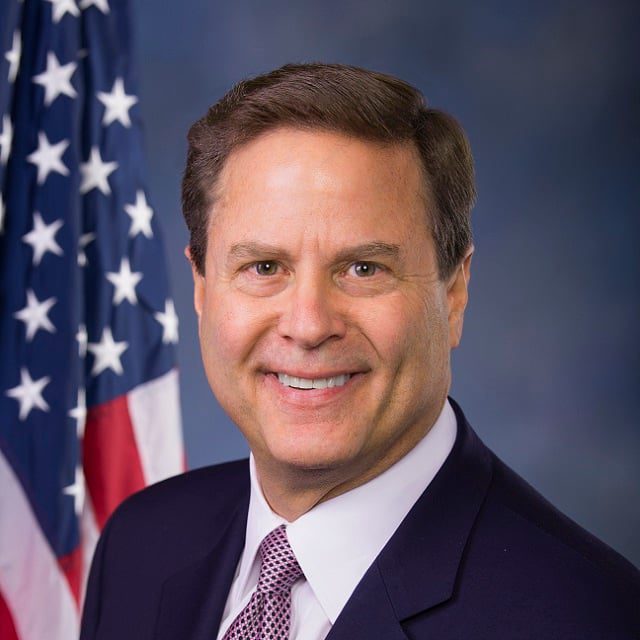Democrat Pushes for Middle Way at House Fiduciary Rule Hearing

If conflicted advice cuts savers’ income by 1% per year, and the savers spend down in a normal way, “the retirement savers’ assets would be completely depleted five years early,” DeSaulnier said.
DeSaulnier did not talk about the possibility that income annuities could set a floor on retirement savers’ income.
Some Republicans on the committee pointed to the Labor Department’s regulation drafting process.
Rep. Tim Walberg, R-Mich., asked one of the hearing witnesses, Iowa Insurance Commissioner Doug Ommen, whether DOL officials had worked with state regulators on the proposal.
“The answer to that is no,” Ommen said.
Thomas Roberts, an ERISA lawyer, testified that the DOL proposals would hurt consumer education, by potentially conferring a fiduciary duty even on people who gave general advice about typical retirement savings strategies.
Jason Berkowitz, who appeared for the Insured Retirement Institute, predicted that lack of investment advice would weaken savers’ ability to use the new income planning options created by the Secure Act and Secure 2.0 Act.
Joseph Peiffer appeared on behalf of the Public Investors Advocate Bar Association and spoke in favor of the DOL proposals, citing surveys showing that 97% of investors already believe their financial professionals have their best interests in mind.
Resources: The committee streamed the hearing live on the web. A recording of the hearing and copies of the written versions of the witnesses’ testimony are available here.
Rep. Donald Norcross, D-N.J. Credit: Norcross




